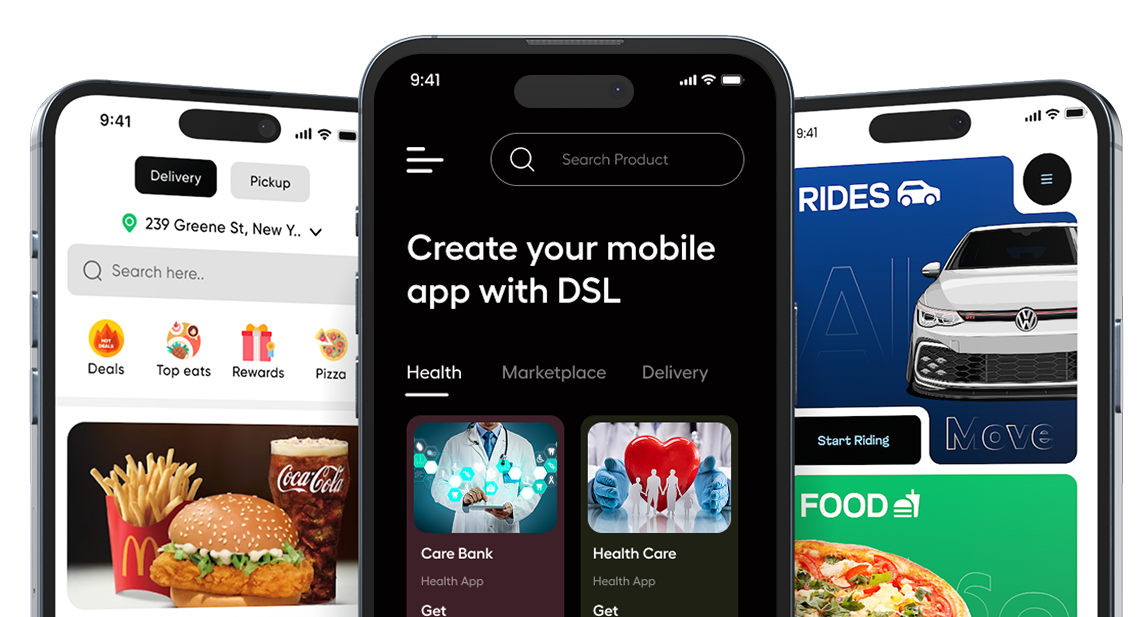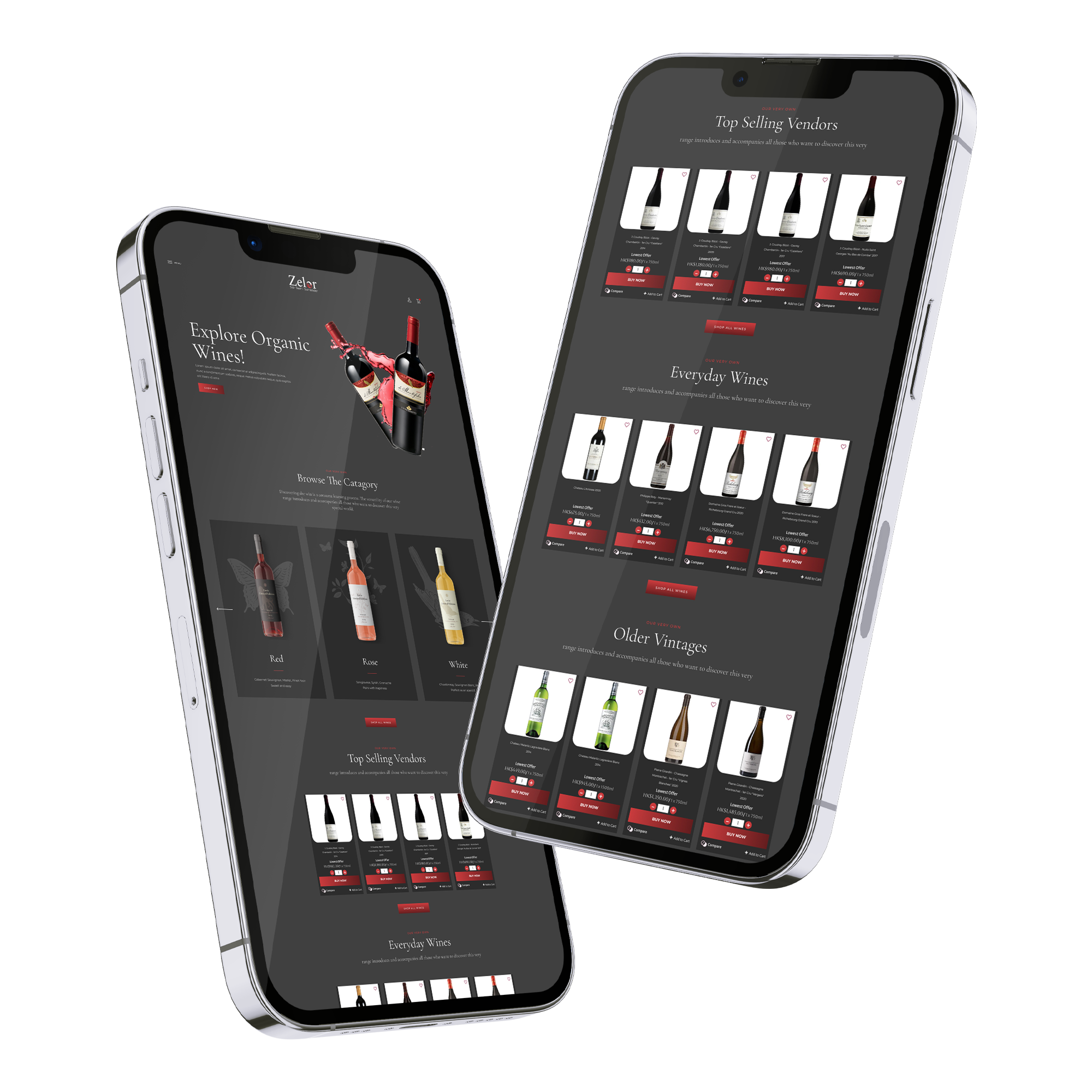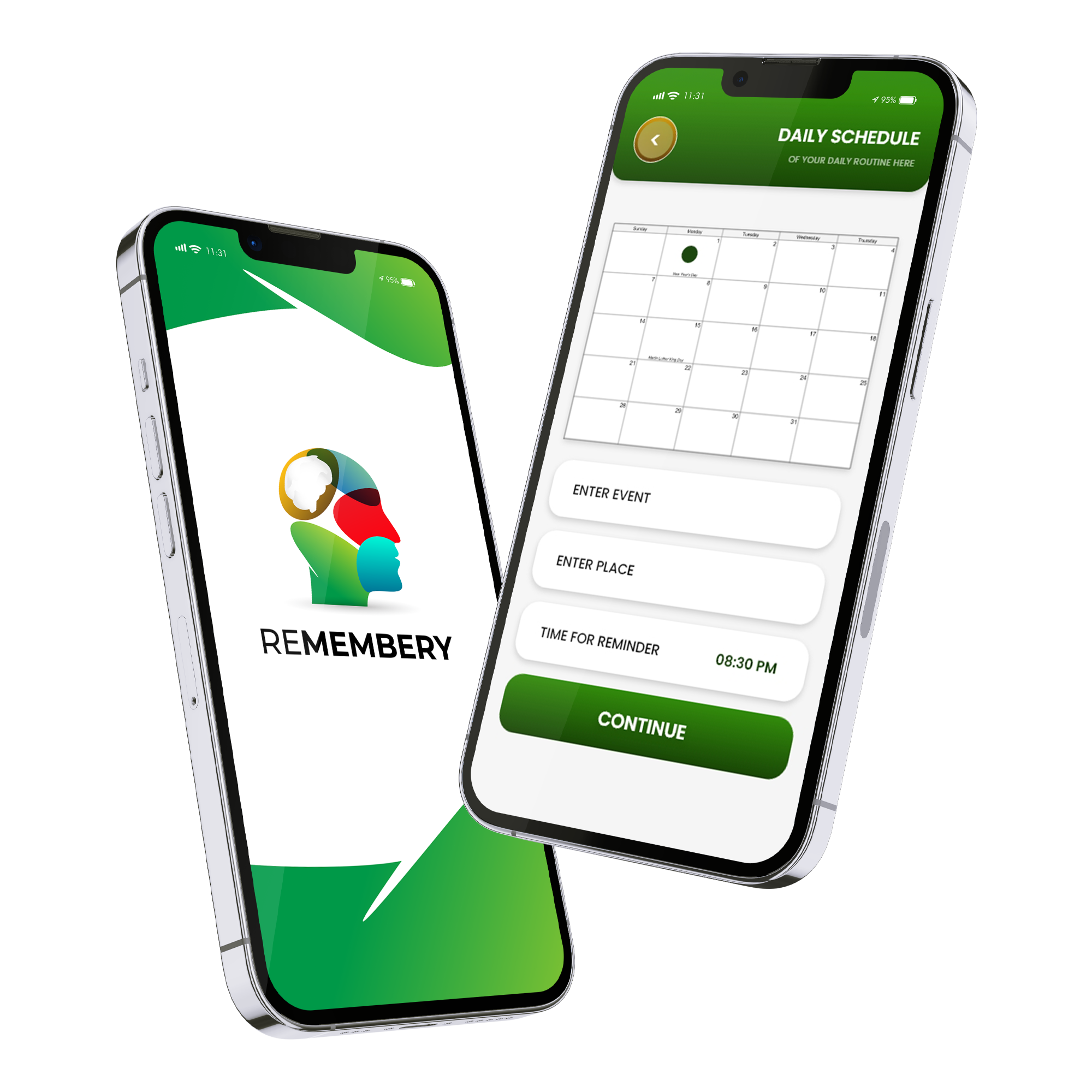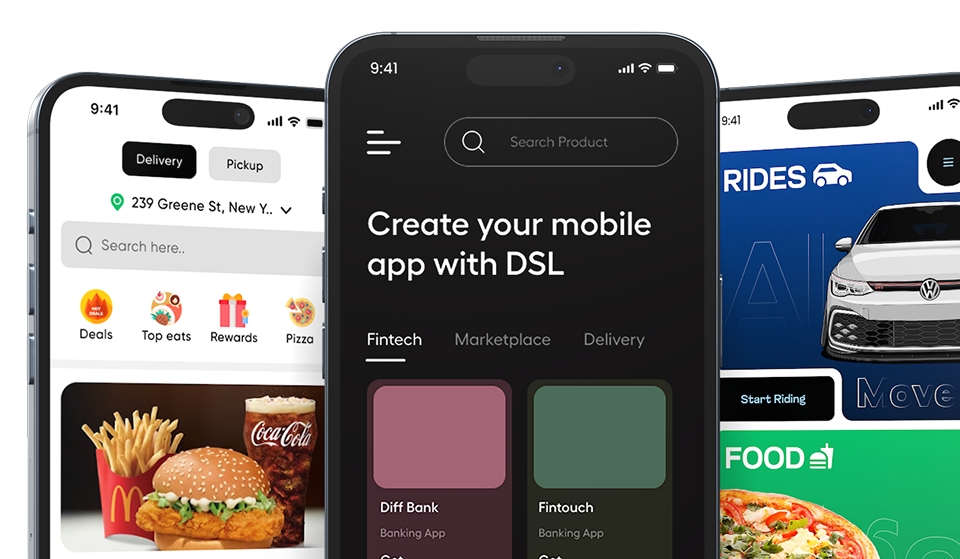IOS App
Development Services
Professional iOS mobile app development services tailored to your business goals, user needs, and Apple’s standards.



Expert iOS App Developers Ready to Bring Your Vision to Life
As an experienced iOS app development company, we specialize in building custom iOS apps that combine innovation, performance, and scalability. Our dedicated team at our iOS app development agency ensures that each product is tailored to your goals using modern tools, aligning with industry standards in iOS app development to help your business thrive in the Apple ecosystem with secure, reliable, and user-focused app solutions.
iOS App Development Services We Offer
As a leading iOS mobile app development company, we provide a full range of services, from ideation to deployment. Our custom iOS app development covers consultation, design, coding, testing, and more. Whether you need games, enterprise apps, or platform migrations, our iOS app development services ensure quality and compatibility with Apple devices.

iOS App Consultation
Our iOS app development services begin with an in-depth consultation to analyze your goals, users, and market trends. We provide expert guidance on the technology stack, feature prioritization, and user experience, helping you make informed decisions that align with business success and Apple’s platform-specific requirements.

iOS App UI/UX Design
We craft intuitive interfaces and rich visual experiences tailored to Apple’s ecosystem. Our team ensures your app’s UI/UX enhances engagement, promotes ease of use, and meets Apple’s usability guidelines. As a top iOS mobile app development provider, we make apps your users love.

Core iOS Development
We specialize in native iOS mobile app development using Swift and Objective-C. Our developers build stable, scalable, and responsive apps with performance-focused architecture, ensuring fast loading, smooth navigation, and a consistent user experience across all Apple devices and screen sizes.

QA & Testing
Rigorous quality assurance is integral to our iOS app development services. We perform functional, UI, compatibility, and performance testing across devices. Our goal is to eliminate bugs and deliver an app that’s reliable, crash-free, and optimized for the latest Apple operating systems.

Migration & Upgrades
We modernize your legacy applications and ensure seamless migration to Apple’s latest environments. Whether you’re upgrading from older iOS versions or migrating from another platform, our custom iOS app development experts deliver smooth transitions without data loss or performance compromise.

Cross-Device Rollout
Our team ensures your iOS app works consistently across iPhones, iPads, and Apple Watches. This service is vital for maintaining user trust, extending accessibility, and reaching more audiences through a unified and optimized iOS mobile app development experience across devices.

App Porting
As an experienced iOS app development company, we offer Android-to-iOS and hybrid-to-iOS porting. We preserve app performance, improve visuals, and adapt your app for Apple-specific functionality to ensure a smooth, optimized user experience native to iOS devices.

iOS Game App Development
We develop immersive, high-performance games tailored for Apple devices. Our custom iOS app development company leverages graphics engines, Apple APIs, and unique storytelling to build interactive experiences that entertain, retain, and monetize effectively on the App Store.
Why Choose iOS Mobile App Development
Choosing iOS mobile app development offers unmatched security, market reach, and performance. Partnering with a seasoned iOS app development company in USA guarantees access to global talent, robust technologies, and agile processes. As part of a broader approach to mobile development, our scalable and optimized solutions reduce costs, accelerate product launches, and give your business a competitive edge on the App Store.
- Biotechnology Research
- Switzerland
Save Money
With efficient processes and reusable components, we reduce your iOS app development cost. Our lean approach avoids waste while maintaining quality, making professional iOS app development services accessible to startups and enterprises alike.
- Biotechnology Research
- Switzerland
Global Talent Worldwide
As a leading iOS mobile app development company, we offer access to top talent across continents. Our distributed team model ensures innovative thinking, diverse solutions, and expert execution regardless of your business’s physical location or size.
- Biotechnology Research
- Switzerland
Time Zone Benefit
Our global presence enables development continuity across time zones. That means faster response times, faster updates, and efficient collaboration with your team—24/7 development support through our international iOS app development agency network.
- Biotechnology Research
- Switzerland
Quick Product Launch
We streamline your mobile app development for iOS by using agile sprints, MVP strategies, and parallel testing. This ensures your product reaches the App Store quickly and meets user expectations without sacrificing quality or features.
- Biotechnology Research
- Switzerland
Focus on Key Tasks
Outsourcing to our iOS app development service team allows you to stay focused on growing your business. We manage the technical build, compliance, and deployment while you lead strategy, marketing, and client experience.
- Biotechnology Research
- Switzerland
Easy Scalability
We build apps with future growth in mind. Whether you’re adding users, integrating cloud services, or extending to native iOS app development, our solutions scale smoothly without needing complete rework or disruption.
- Biotechnology Research
- Switzerland
Stay Updated
We maintain your app’s compatibility with the latest iOS features, security protocols, and UI standards. With every release, your app stays current, supported by a proactive iOS app development services company that monitors Apple updates closely.
- Biotechnology Research
- Switzerland
Minimize Risks
We mitigate project risks by conducting code reviews, security audits, and continuous integration. Our proactive planning and support structure reduce downtime and secure your custom iOS app development investment from start to finish.
Our Powerful Technology Stack for Developing Effective Web Apps
As a results-driven web app development company, we leverage the best tools to deliver fast, flexible, and future-ready custom web applications that give your business a competitive edge.
Development
 OBJ-C
OBJ-C Swift
Swift Java
JavaTechnologies
 React
ReactLanguages
 Java
JavaFramework
Tools
 InDesign
InDesignGame-changing
solutions tailored for every sector

We created a marketplace app that connects wine enthusiasts with sellers, ensuring a seamless buying experience.
Digital Software Labs provided the expertise we needed to bring our wine marketplace to life. Their team was proactive, responsive, and ensured our vision was executed flawlessly.”

Crystal
Founder/Owner - Zelor Wines


We created an app that keeps users on track with daily schedules and reminders, ensuring nothing is missed.
Digital Software Labs provided the expertise we needed to turn our vision into reality. Their team was proactive, responsive, and fully committed to our success.

Louis J. Bonito
CEO - Kilooly Brands


We created a food delivery app that connects customers with restaurants and riders, ensuring fast and seamless deliveries.
Digital Software Labs provided the skilled engineers we needed to bring our food delivery app to life. Their team was responsive and attentive, ensuring our goals were met.

Yasir
Owner - Alger Move

iOS App Development Company Process
Our proven process ensures timely, efficient iOS app development services. From discovery and planning to coding and launch, we manage each step with precision. As an Apple iOS app development agency, we offer flexible engagement models, agile development, and full transparency, delivering reliable apps tailored to your timeline, scope, and business strategy.
-
Initial Consultation
-
Team Formation and Planning
-
Development
-
Custom Engagement Models
Initial Consultation
We start by exploring your goals, industry demands, and functional needs. Our team outlines timelines, core features, and compliance requirements, laying the groundwork for a focused iOS app development project roadmap tailored to your business.
Team Formation and Planning
As a trusted Apple iOS app development agency, we assign specialized developers, designers, and project managers based on your app’s scope. This stage includes creating milestones and finalizing workflows to guide seamless collaboration and execution.

Development
We follow an agile development methodology to ensure fast iterations, transparent communication, and consistent code quality. Our skilled team uses Apple tools and frameworks to bring your app from prototype to full-scale release.
Custom Engagement Models
Our iOS app development services company offers flexible pricing, fixed cost, time and material, or dedicated team models. This lets you manage budget expectations, project complexity, and timeline with clarity and confidence.
Initial Consultation
Team Formation & Planning
Development
Custom Engagement Models
Initial Consultation
We start by exploring your goals, industry demands, and functional needs. Our team outlines timelines, core features, and compliance requirements, laying the groundwork for a focused iOS app development project roadmap tailored to your business.
Team Formation and Planning
As a trusted Apple iOS app development agency, we assign specialized developers, designers, and project managers based on your app’s scope. This stage includes creating milestones and finalizing workflows to guide seamless collaboration and execution.
Development
We follow an agile development methodology to ensure fast iterations, transparent communication, and consistent code quality. Our skilled team uses Apple tools and frameworks to bring your app from prototype to full-scale release.
Custom Engagement Models
Our iOS app development services company offers flexible pricing, fixed cost, time and material, or dedicated team models. This lets you manage budget expectations, project complexity, and timeline with clarity and confidence.
High-Performance iOS Apps Engineered for Excellence
We create high-quality apps built for performance, security, and scale. Our custom iOS app development company focuses on cloud integration, optimized architecture, and seamless API functionality. Each solution is fine-tuned for fast speeds, user satisfaction, and Apple compliance, supported by experience in cross-platform development, ensuring your iOS and Android app development goals meet long-term success.

Robust Core Data Management
We implement efficient data handling systems that safeguard information while ensuring fast access. Whether it's offline storage, synchronization, or cloud backup, your app runs smoothly and securely with scalable backend support.

Seamless API Integration
Our team connects your app to powerful APIs, payment gateways, CRMs, and third-party platforms. These integrations enhance your app's functionality, enable automation, and enrich user interactions within your Apple ecosystem.

Scalable Cloud Integration
We enable your app to handle large-scale user activity using cloud-based tools. This ensures fast performance, robust backups, and seamless feature delivery for your growing iOS mobile app development goals.

Performance-Driven Testing and Optimization
We stress-test your app for speed, battery efficiency, responsiveness, and crash resistance. Our team then applies enhancements based on real-world testing to ensure peak performance under varying user loads.
Launch Your Dream Mobile App Today!
We help businesses build high-performance, visually stunning apps that work seamlessly across Android, iOS, and beyond. Whether you’re launching a startup or scaling an enterprise product, our IOS mobile app development company delivers custom solutions customized to your goals.

